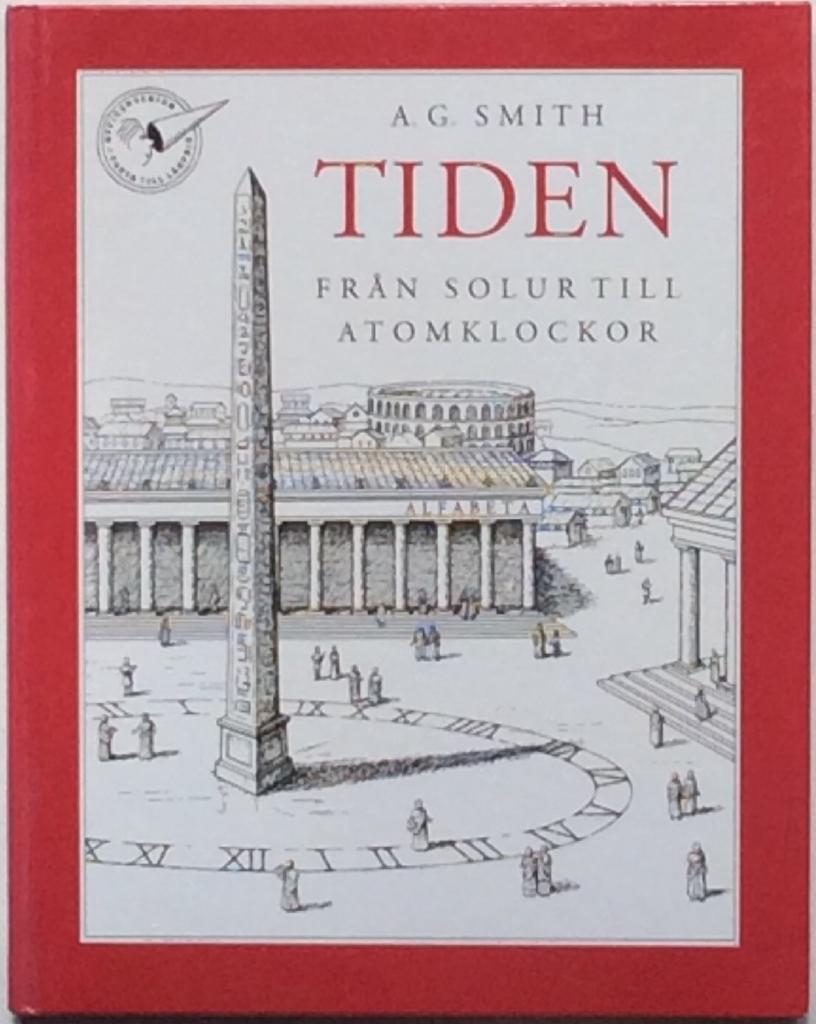
Exploring the animal turn
Häftad bok. Media-Tryck. 2014. 232 sidor.
Mycket gott skick.
Animals´ omnipresence in human society makes them both close to and yetremarkably distant from humans. Human and animal lives have always beenentangled, but the way we see and practice the relationships between humansand animals – as close, intertwined, or clearly separate – varies from time totime and between cultures, societies, and even situations.By putting these complex relationships in focus, this anthology investigatesthe ways in which human society deals with its co-existence with animals.The volume was produced within the frame of the interdisciplinary “AnimalTurn”-research group which during eight months in 2013–2014 was hostedby the Pufendorf Institute for Advanced Studies, Lund university, Sweden.Along with invited scholars and artists, members of this group contributewith different perspectives on the complexities and critical issues evokedwhen the human-animal relationship is in focus.The anthology covers a wide range of topics: From discussions on new disciplinarypaths and theoretical perspectives, empirical case-studies, and artisticwork, towards more explicitly critical approaches to issues of animal welfare.Phenomena such as vegansexuality, anthropomorphism, wildlife crimes,and the death of honey-bees are being discussed. How we gain knowledge ofother species and creatures is one important issue in focus. What does, forexample, the notion of wonderment play in this production of knowledge?How were species classified in pre-Christian Europe? How is the relationshipbetween domesticated and farmed animals and humans practiced and understood?How is it portrayed in literature, or in contemporary social media?Many animals are key actors in these discussions, such as dogs, cows, bees,horses, pigeons, the brown bear, just to mention a few, as well as some creaturesmore difficult to classify as either humans or animals. All of these playa part in the questions that is at the core of the investigations carried outin this volume: How to produce knowledge that creates possibilities for anethically and environmentally sustainable future.
Plasten på pärmarna har släppt lite men i övrigt är boken i mycket bra skick
Förlagsfakta
- ISBN
- 9789197989381
- Titel
- Exploring the animal turn
- Författare
- Linné, Tobias - Lönngren, Ann-Sofie - Jennbert, Kristina - Björck, Amelie - Andersson-Cederholm, Erika - Lunds universitet
- Förlag
- Media-Tryck
- Utgivningsår
- 2015
- Omfång
- 232 sidor
- Bandtyp
- Häftad
- Mått
- 175 x 250 mm
- Språk
- English
- Baksidestext
- Animals´ omnipresence in human society makes them both close to and yet
remarkably distant from humans. Human and animal lives have always been
entangled, but the way we see and practice the relationships between humans
and animals – as close, intertwined, or clearly separate – varies from time to
time and between cultures, societies, and even situations.
By putting these complex relationships in focus, this anthology investigates
the ways in which human society deals with its co-existence with animals.
The volume was produced within the frame of the interdisciplinary “Animal
Turn”-research group which during eight months in 2013–2014 was hosted
by the Pufendorf Institute for Advanced Studies, Lund university, Sweden.
Along with invited scholars and artists, members of this group contribute
with different perspectives on the complexities and critical issues evoked
when the human-animal relationship is in focus.
The anthology covers a wide range of topics: From discussions on new disciplinary
paths and theoretical perspectives, empirical case-studies, and artistic
work, towards more explicitly critical approaches to issues of animal welfare.
Phenomena such as vegansexuality, anthropomorphism, wildlife crimes,
and the death of honey-bees are being discussed. How we gain knowledge of
other species and creatures is one important issue in focus. What does, for
example, the notion of wonderment play in this production of knowledge?
How were species classified in pre-Christian Europe? How is the relationship
between domesticated and farmed animals and humans practiced and understood?
How is it portrayed in literature, or in contemporary social media?
Many animals are key actors in these discussions, such as dogs, cows, bees,
horses, pigeons, the brown bear, just to mention a few, as well as some creatures
more difficult to classify as either humans or animals. All of these play
a part in the questions that is at the core of the investigations carried out
in this volume: How to produce knowledge that creates possibilities for an
ethically and environmentally sustainable future.









![Från Bäckaskog till kalmuckernas rike : [Brigitta Scherzenfeldts liv]](https://dez1v4fbcawql.cloudfront.net/product/5929/6567522/591b6b64bcdfd.jpg)


